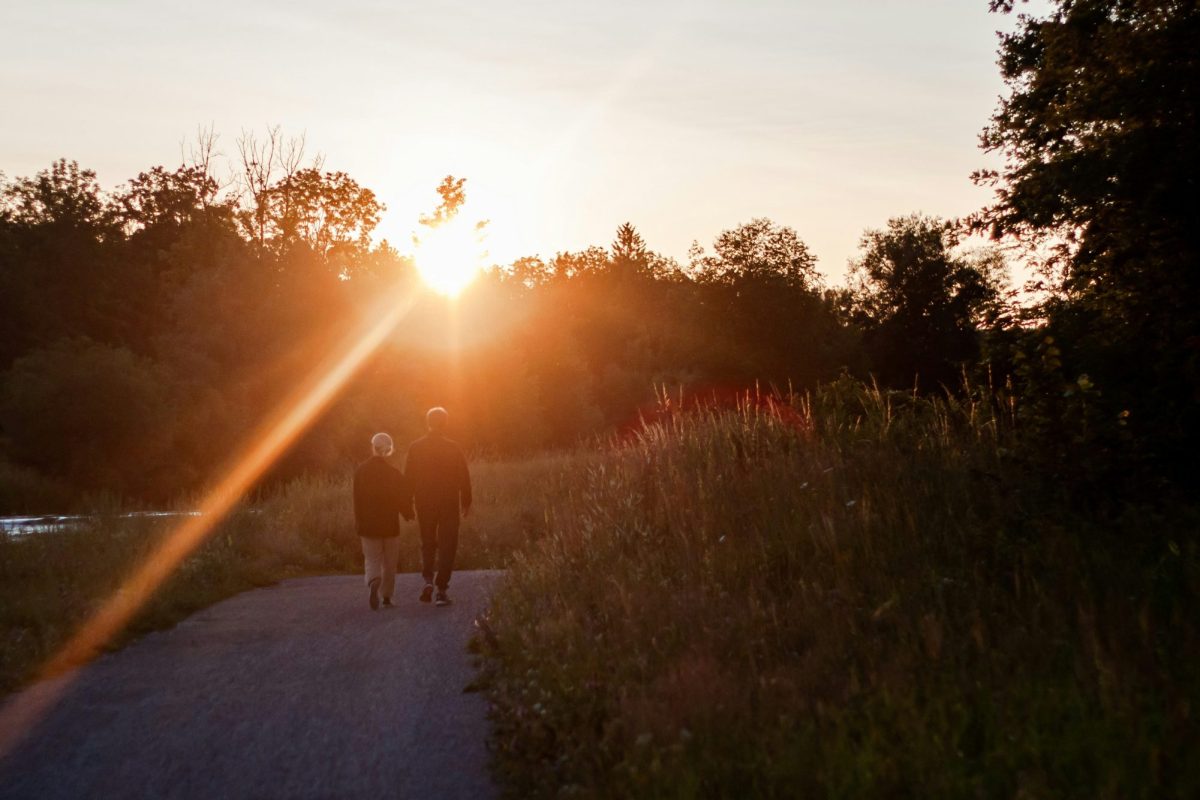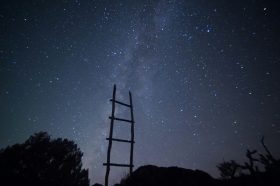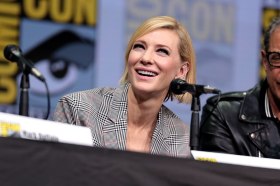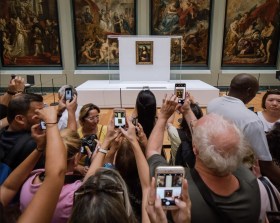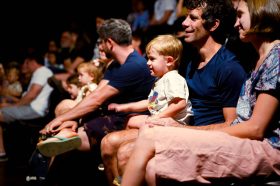Mental health for creatives and arts professionals is a constant concern. ArtsHub has resources available on navigating depression, creative burnout and setting boundaries.
One of the best ways to improve mental health is to ensure meaningful, regenerative breaks from working life. So why do so many of us struggle with taking actual time off?
Research has identified two main obstacles to mastering the art of psychological detachment. The first is actually detaching from your professional life: switching off your phone, not looking at your email and ignoring any contact from professional networks.
The second is more challenging. Psychological ‘rest’ is not defined as lapsing into a near-coma on the couch for an extended period. Griffith University research has identified three key strategies for recovery from intense work. These include exercise, spending time with family and friends, and leisure pursuits.
For busy minds used to fast-paced working environments, ‘stopping’ can raise levels of anxiety. To help, ArtsHub has assembled a list of potentially helpful mini-projects to assist in finding leisure pursuits that will provide recovery.
Don’t miss out on the year’s best arts and culture
It is impossible to stay on top of the fire hose of content produced yearly. Holiday breaks present a perfect opportunity to catch up. Listen to the best music, podcasts or audiobooks from the year as you take a walk or exercise. You can also dive into some of the most viral books of the year or some that received a five-star review from ArtsHub.
Learn something new
While non-arts professionals may take up hobbies in painting, dance or other creative pursuits, arts workers habitually make any casual activities into a new enterprise. Recreational learning has an indirect benefit to creativity and can pleasingly consume the mind.
Consider the variety of apps and programs that can help you learn a new language or traditional games and puzzles such as Sudoku, chess or backgammon. Building, cooking or gardening projects can be extremely satisfying with the help of YouTube tutorials.
Make friends with boredom
It is likely the least boring time in human history, but we are overstimulated. Addiction to work and unhealthy habits can mean being out of practice with boredom. A holiday break is a perfect time to get some good practice in: take a walk, spend some time daydreaming or potter around the house.
Boredom is good for you. It sparks creativity, improves productivity and has a positive overall effect on mental health. Becoming more comfortable with boredom will allow your brain to relax, making you less likely to reach for your phone or other distractions in everyday life.
